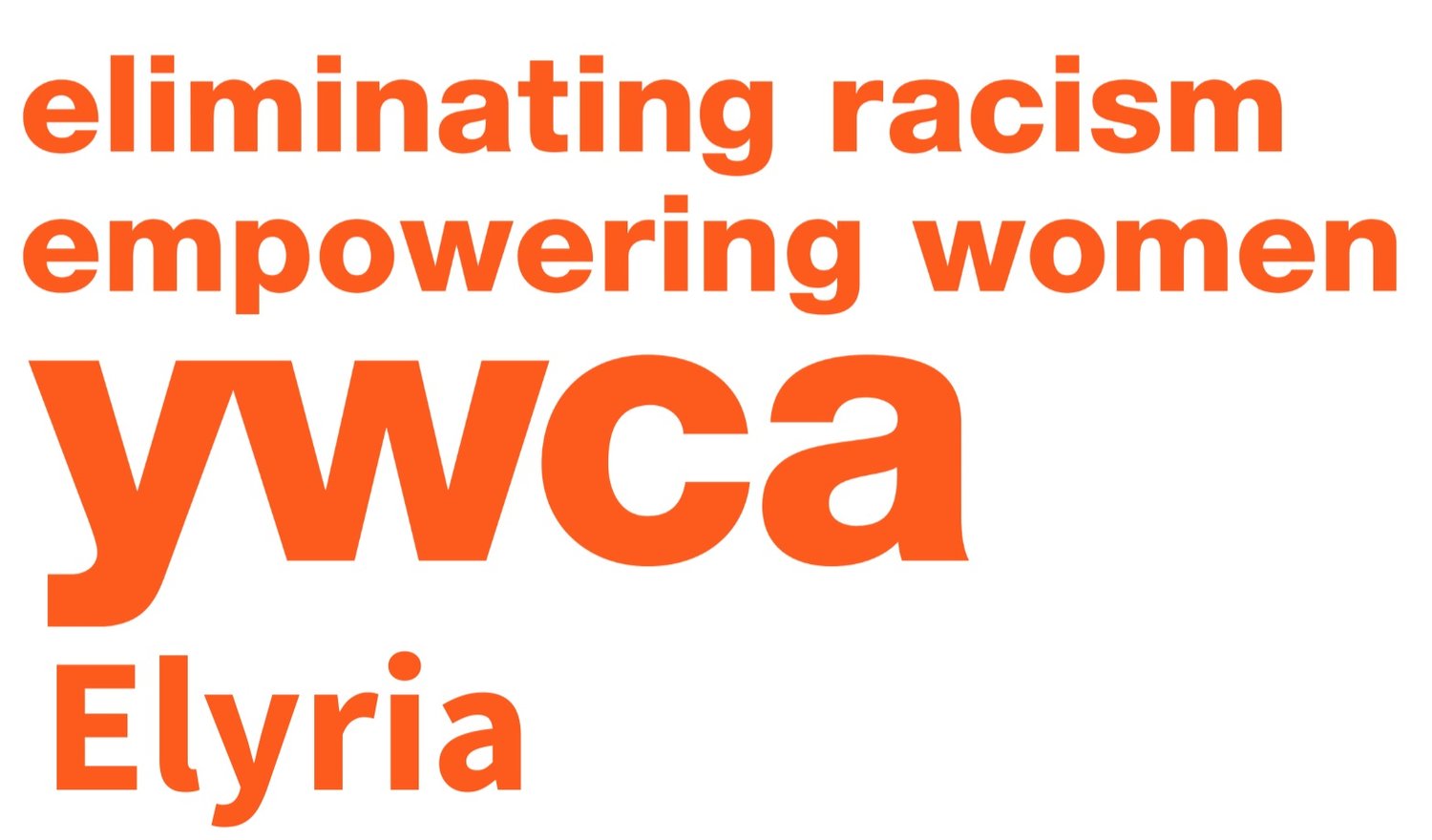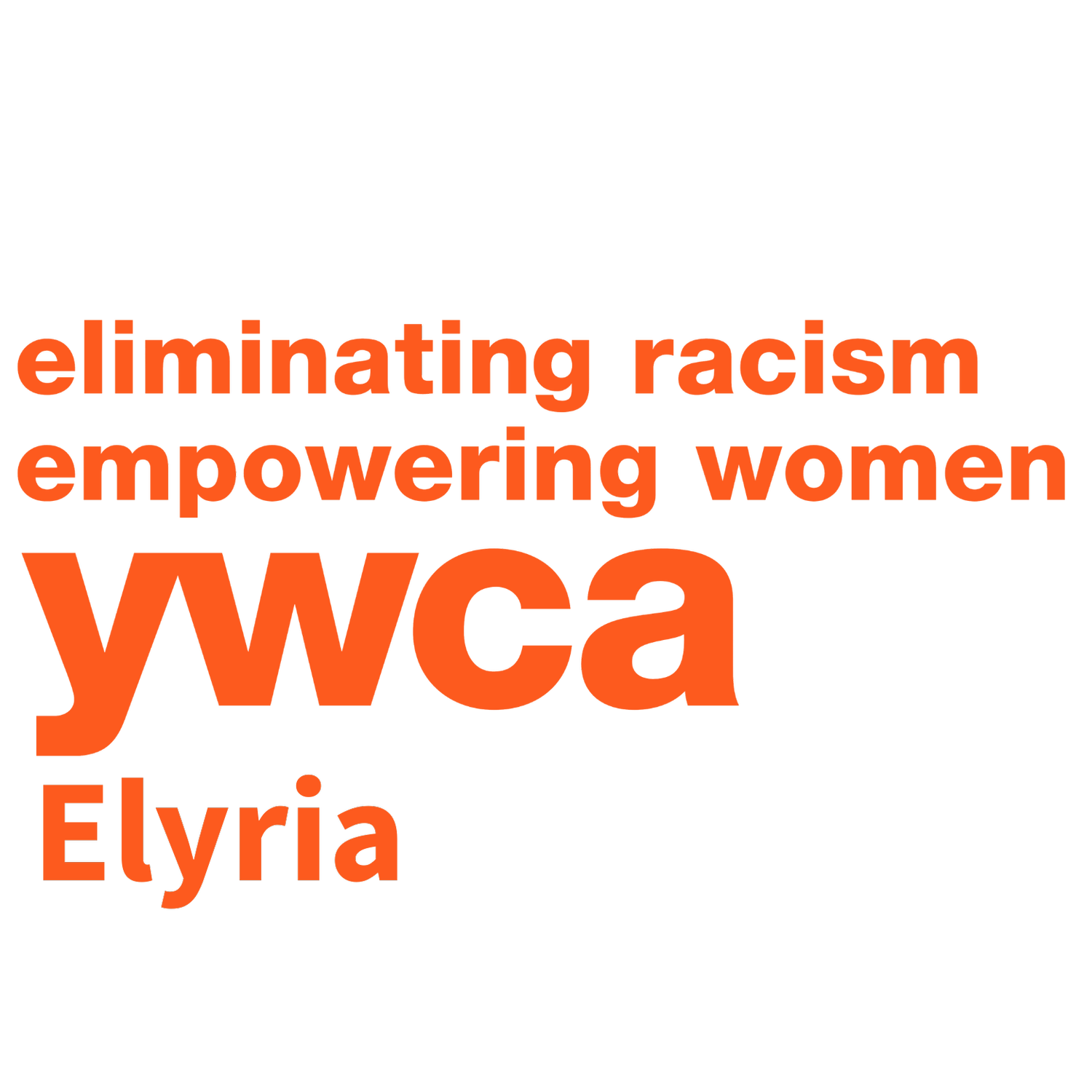Transportation
Access to transportation impacts every aspect of our lives, from our ability to get to work, access healthcare, and educate our children. Reimagining the way we think about roads, buses, and sidewalks is essential for addressing the historical injustices such as segregation and present-day inequities that include access to safe transportation in marginalized communities, sexual harassment on public transportation, and roads that are unsafe for pedestrians. Together, we can create transportation systems that serve as catalysts for broader societal change, and foster inclusivity, justice, and empowerment for all.
Week Four Themes
-
Our neighborhoods, highways, railways, and bus routes all bear the marks of past and present discriminatory practices. We will also shine a light on those whose labor made our current transportation system possible and the unrecognized contributions of those who fought for dignity and freedom for marginalized people on the move.
-
Cars rule the road in the U.S., but let's zoom out a bit and talk about the inequities built into the other ways we get around. Biking, flying, and even walking come with disproportionate risks to marginalized people that can be life-altering. By acknowledging these barriers, we can act and build mobility solutions that are accessible, safe, and fair for everyone.
-
Women and LGBTQ+ people are underrepresented among the ranks of urban planners, which means that their needs are much less likely to be reflected in our infrastructure. To overcome these barriers, we must center the voices of women and LGBTQ+ people so that we can understand how to build a transportation system that works for everyone.
-
In the U.S., the general public is most likely to come into contact with police during traffic stops, and, particularly for people of color, these encounters can turn deadly. Since 2017, more than 800 people have been killed by officers after being pulled over, according to statistics from the Mapping Police Violence database. This alarming trend underscores the urgent need for systemic reform in the way law enforcement is conducted on our roadways.
-
Inequities in Transportation have had very real consequences for people’s lives. Once we have acknowledged the harm, we can come together to find solutions. The resources provided on this topic spotlight work being done to break down barriers and create a world where freedom of movement is accessible to everyone.
2024 Challenge Topics

YWCA Racial Justice Challenge
YWCA’s Racial Justice Challenge is a virtual learning tool designed to create dedicated time and space to build more effective social justice habits, particularly those dealing with issues of race, power, privilege, and leadership. New content is released on weekdays and participants log on to the challenge app on their phone or visit the website and are presented with 21 days of activities such as reading an article, listening to a podcast, or reflecting on personal experience.
We are excited to announce that YWCA’s Racial Justice Challenge will return for its 6th year on April 1-29, 2024 and registration is OPEN NOW!






